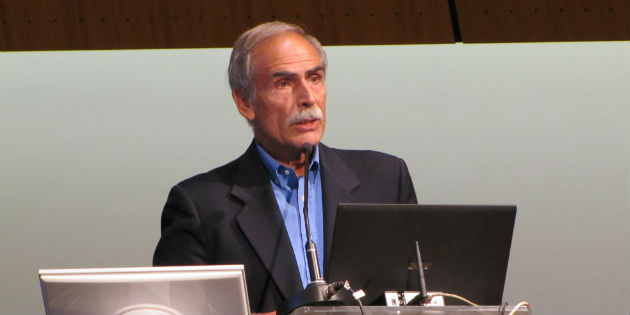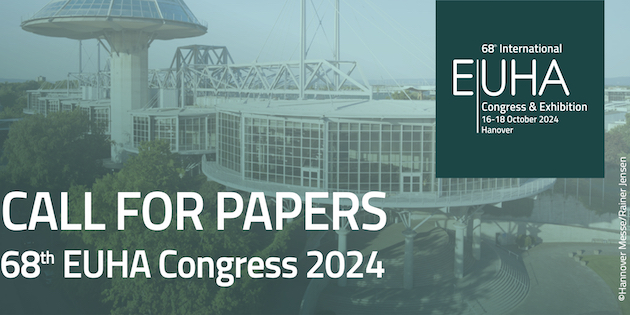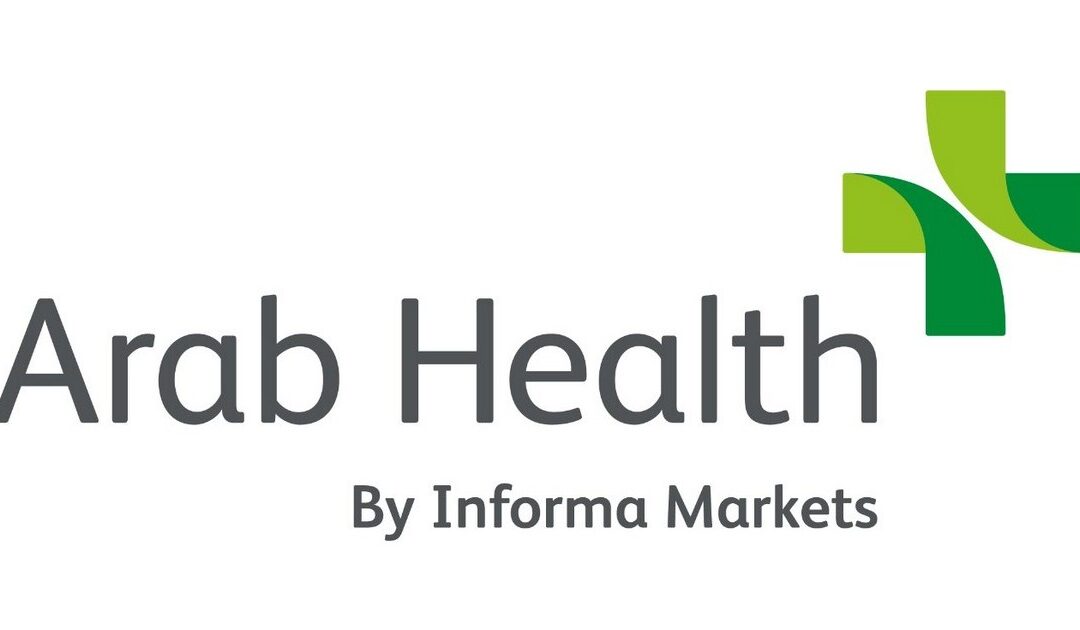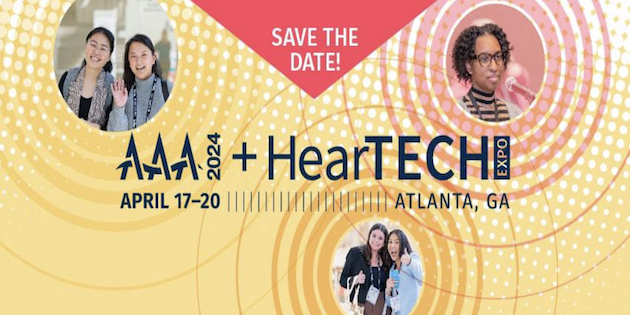Audiology and telemedicine: the world is coming back to Cernobbio
Bilingual enhancement, oneof the topics at the hearingconference, once again beingheld in June at Lake Como.The conference, which takesplace every two years, willagain this year draw hundredsof prominent professionalsfrom five continents. Topics willinclude auditory perception,cognition, and listening effort.Interview with event PresidentFerdinando Grandori.

New developments in the field of audiology,hearing loss, hearing rehabilitation,screening and early diagnosis,intervention strategies or recoveringsensory function, mechanisms, effectsand medical problems related to hearingloss: some of the important scientific topics to be coveredin the 2016 edition of HEAL – Hearing Across the Lifespan,held as always at Villa Erba, in Cernobbio, LakeComo from June 2 to 4, 2016. The best way to present theevent is to take an early look at one the most innovativetopics to be addressed at the conference, signed AlessiaPaglialonga, researcher at the Institute of Electronics,Computer and Telecommunications Engineering of theItalian National Research Council (CNR), and presentedin the following pages. In the meantime, a warm welcomefrom the President and Founder of the conference,Ferdinando Grandori.
Audiology Infos Thanks to the study group created during the latest edition of HEAL, you chaired researchforums on scientific content and then published themin the American Journal of Audiology. What is on thecards for the 2016 conference? What are the topicsthat the organizers and colleagues from across theplanet will be focusing on?
Ferdinando Grandori One of the unique characteristicsof this two-yearly event, long considered a meeting of themost qualified researchers and clinicians internationally,is that it places equal emphasis on scientific researchin fundamental areas, development of methods andtechnologies, and how innovations translate intoimproved practices in the management of patients with hearing problems, whether at the individualpatient level or concerning organization of the healthsystem. This year, we will place particular emphasis ontopics like auditory perception, cognition, and listeningeffort. There will also be many interesting sessions onthe continued progress in cochlear implants, like infitting of hearing aids. Significant space, with dozensof oral communications and posters, is also made forimprovements in health services that take into accountdevelopments in technology and in knowledge. Lastly,we will focus on the vitally important area of the role ofthe family and patient organizations and associationsin improving care for hearing impairments.
Audiology Infos In what direction is modern audiology going? What are the new frontiers in your opinion?
Ferdinando Grandori It will be fundamental to better understand the relationship between perception andcognition and interactions between hearing comprehensionin the strict sense and intellectual performance, and thepossible functional deficits related to aging or the effectsof neurodegenerative disorders.
Audiology Infos Do you think that telemedicine, which will be the subject of a major session at the conference, is really going to become increasingly present in ourday-to-day lives? And if so, in what way, particularlyconcerning hearing problems?
Ferdinando Grandori Without doubt, the incredibletechnological progress we have seen, which is makingboth equipment and software increasingly widespread,is opening new horizons in medicine in the broad sense,and in audiology in particular. We are already seeingthe first fascinating applications in fitting of hearing aidsand devices, as well as in rating and monitoring results.
Audiology Infos You have organized this event forover twenty years and it continues to have majorinternational success, or even worldwide success,based on the range of participating countries, includingsome “off the beaten track” like Albania or Bulgaria,Nigeria, Palestine, Qatar, and Sierra Leone, to namejust a few. What makes it possible to bring togethersuch different realities and how does exchanging thiswealth of experience benefitprofessionals?
Ferdinando Grandori Theprogress made in audiologythese last twenty years hasbeen extraordinary, fromscreening to diagnosis,development of newdevices, and therapeuticapproaches. The so-calledComo Conferences havebeen able to crystalize allof these processes in aunified and coherent way.This explains why researchers, technologists, andeminent clinicians have come together to share theirown results with colleagues, thus attracting delegatesfrom the broadest contexts, including from developingcountries.
Audiology Infos HEAL 2016 is being organized withthe slogan: “Early intervention: the key to betterhearing care”. What’s missing in health policies tohelp achieve a world free from deafness and howcan a scientific community as reputable and broadas yours act on governments’ choices in the interestsof the population’s wellbeing?
Ferdinando Grandori The problem is simple: hearingloss is not visible, whether in newborns or in adults. Itseffects, however, are confused with intellectual disabilities.Hearing loss is the only disability that can lead toannoyance (“I’ve already told you a dozen times, but youdon’t get it”), that forces you to raise your voice, and thisinevitably causes problems. Here are some medium- tolong-term solutions: increase awareness about hearingproblems, examine how to reduce the stigma related tohearing loss (and hearing aids and devices), and improveaccessibility to audible communication, such as publicspaces equipped with systems that enable people withhearing devices to hear through electromagnetictechnology. In all the countries where this has alreadyoccurred to a large extent, audiology, and the relatedhealth services, have taken up their natural role andprovide what is needed to those who need it.



